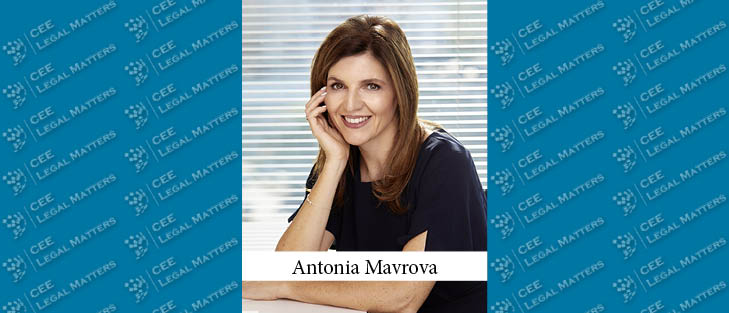This article follows up on the article in the previous issue titled "Transformative Legal Changes: Slovakia's New Transformations Landscape" where colleagues outlined the permissible changes in legal form in the Slovak Republic.
The Transformations Act also brings benefits for startup companies; the possibility to change the legal form of the company from a limited liability company to a simplified joint-stock company is a new element introduced by the legislation. A limited liability company is the cheapest and fastest form of business for starting companies and many companies choose this route at the time of foundation. However, doing business in the form of a limited liability company may not be attractive from a VC investor's perspective. This change in legal form precisely creates space for founders to make their companies more appealing to investors in the market
The change of legal form is preceded by:
- Project
- Report of the statutory body
- Opinion of the Supervisory Board
- Expert opinion
- Decision
PROJECT
The statutory body prepares a project proposal for change of legal form (the “project”), which mainly includes:
- Identification of the company before the change of legal form,
- Legal form and business name of the company after the change of legal form,
- Shares of shareholders, the contributions of shareholders to the company after the change of legal form (if the legal form is changed to a joint-stock company or a simplified joint stock company, also the form, type, nominal value, and number of shares of shareholders after the change of legal form),
- Determination of persons who will be members of the statutory body (not required if the board of directors elects the supervisory board according to the articles),
- Determination of persons who will be members of the supervisory board if it is established after the change of legal form.
The annex to the project forms a draft of the memorandum of association or, in the case of a joint-stock company/simplified joint stock company, a draft of the articles.
REPORT OF THE STATUTORY BODY
A report of the statutory body is necessary if a company changes its legal form to a simplified joint-stock company, a joint-stock company, or a limited liability company.
In the report, the statutory body will explain and justify the change of legal form from a legal and economic point of view.
The report must be provided to the shareholders for inspection.
OPINION OF THE SUPERVISORY BOARD
If the company has a supervisory board, it will review the intended transformation of the company, the project, and the report of the statutory body. After reviewing, the supervisory board will prepare an opinion to be submitted to the general meeting.
An opinion of the supervisory board may be waived if all shareholders of each of the participating companies agree to it.
DECISION OF THE GENERAL MEETING
Approval of the project requires the consent of a two-thirds majority of all shareholders' votes if the memorandum of association does not establish stricter criteria. In the case of companies not obligatorily creating share capital, the approval of the project requires the consent of all shareholders.
EXPERT OPINION
An expert opinion is required if a company changes its legal form to a company or cooperative, the formation of which requires the contribution of shareholders to the company. The opinion demonstrates that the value of the company’s equity, as of the date of processing the decision to approve the project, corresponds to the amount of contributions of shareholders to the company or cooperative after the change of legal form.
SHAREHOLDER PROTECTION
In the project proposal for changing the legal form, it may be agreed that some shareholders will cease to be shareholders in the company on the effective date of the change of legal form, and the company will pay them a settlement share. The validity of such an agreement requires the consent of the affected shareholders.
CREDITOR PROTECTION
If a limited liability company, joint-stock company, or simplified joint-stock company changes its legal form and if afterwards, the company does not create registered capital or creates lower registered capital than before the change of legal form, the statutory body of the company is obliged to notify the change of legal form within 30 days from the effective date of the change of legal form to known creditors of the company who have incurred claims against the company before the date of publication of the announcement of the entry of the change of legal form.
The statutory body is obliged to publish the change of legal form in the Commercial Journal twice consecutively with an interval of at least 30 days, along with a call for creditors to report their claims against the company, which were not due to third parties on the effective date of the change of legal form.
EMPLOYEES
The employer will discuss organizational changes (including changes in legal form) with employee representatives in advance. The discussion should be conducted in a comprehensible manner and at an appropriate time, with appropriate content, to reach an agreement, unless a special regulation provides otherwise.
TRADE LICENSE
The company may continue to operate the business of the company before the change of legal form.
In the next article, we will provide you with information on the possibilities of a cross-border change of legal form.
By David Kozak, Associate, Majernik & Mihalikova, PONTES
















